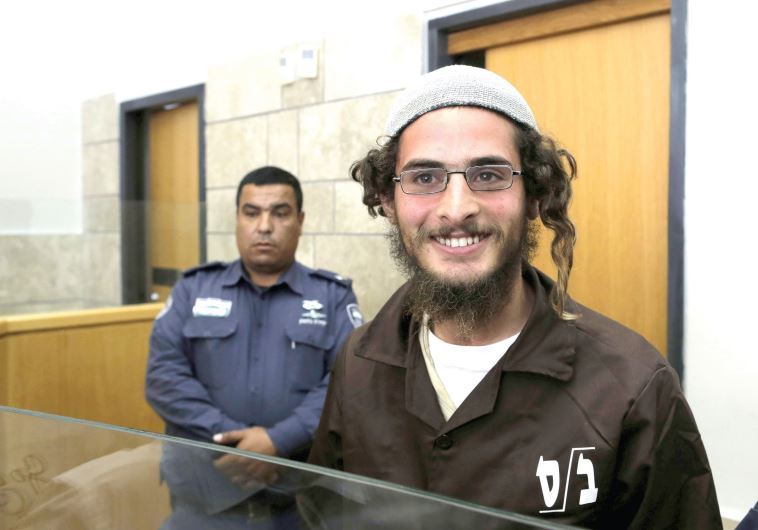Into the Fray: Why now? The hypocritical hullabaloo over Jewish ‘terror’
Dismantling “settlements” is the only goal the Israeli Left really cares about & its pursuit justifies all means, however mendacious or malevolent.
 Meir Ettinger attends a remand hearing at the Magistrate’s Court in Nazareth.(photo credit: AMMAR AWAD / REUTERS)Updated:
Meir Ettinger attends a remand hearing at the Magistrate’s Court in Nazareth.(photo credit: AMMAR AWAD / REUTERS)Updated: